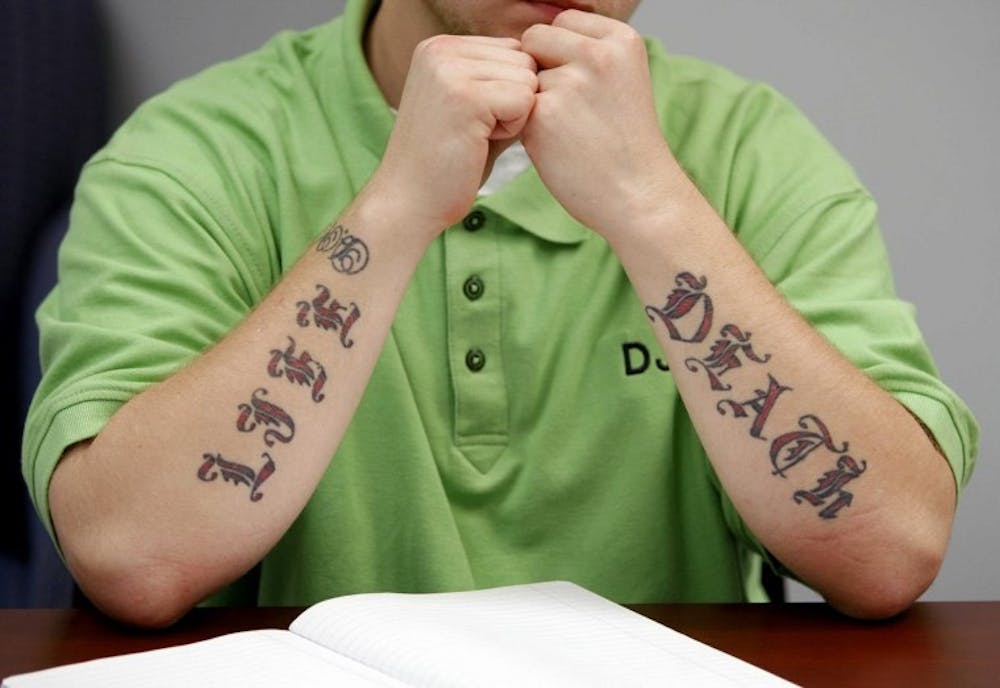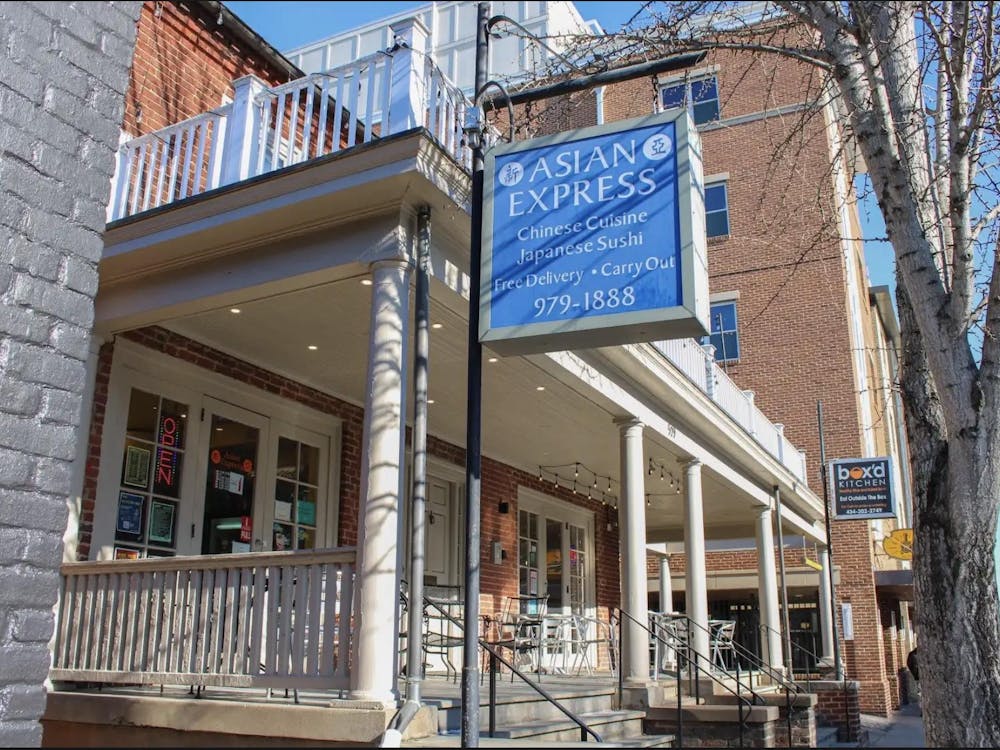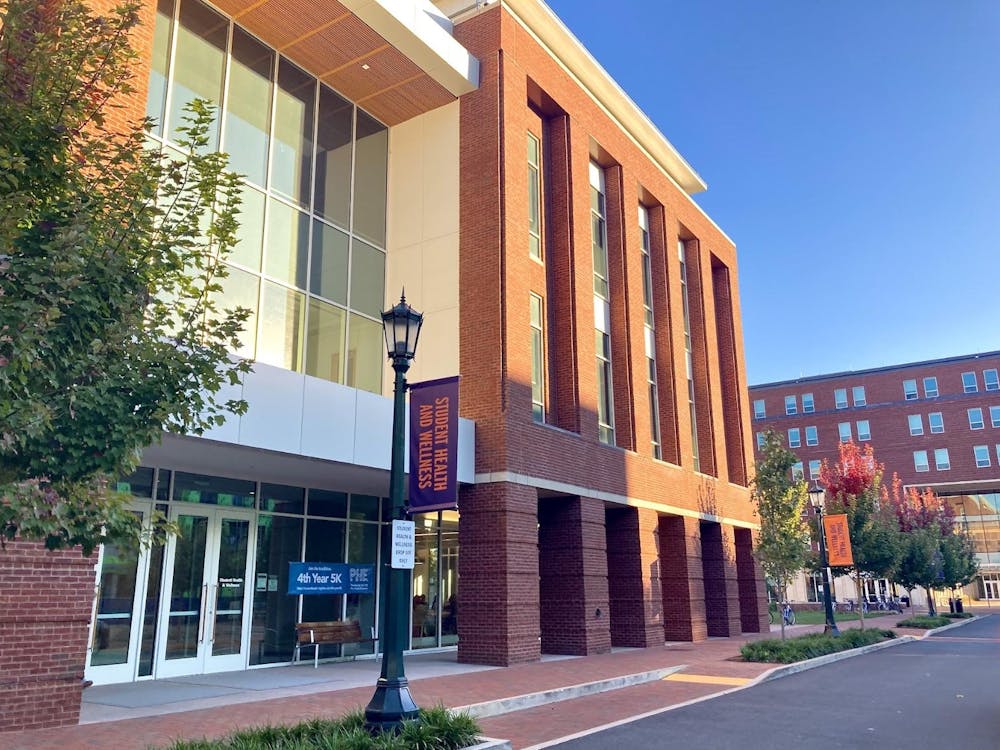For the third consecutive spring, Slavic Languages and Literatures Professor Andrew Kaufman is instructing a course entitled “Books Behind Bars: Life, Literature and Leadership,” during which 16 enrolled students travel to Beaumont, Va. once a week to lead a discussion with residents of the Juvenile Correctional Center enrolled in their Russian Literature Program.
Each year, the program has been met with wild enthusiasm. Kaufman said he has received more than 50 enrollment requests each term to take the course and has had students representing 20 different majors from five different schools. This semester, he said, his 16 students represent 10 different majors.
The first four weeks of the semester are run like a typical literary seminar, with a heightened focus on student-facilitated discussion in which students devise their own discussion topics and activities. For the remainder of the semester, pairs of students meet with groups of three to five Beaumont residents — whose ages range from 17 to 21 — to lead hour-long discussions about that week’s reading, Kaufman said.
Former class member and fourth-year College student Gracie Burger stressed the importance of coming into the experience viewing yourself as an equal. Rebekah Latour emphasized the same point, “We’re learning along side [the residents,]” she said. “We’re not there to teach them.”
Both students and residents read the week’s selected short story, poem or book by any number of Russian authors, followed by a meeting where students help facilitate discussion.
“Students seem to feel empowered,” Kaufman said. “It is not only about the grade or pleasing me. It’s about the residents. [My students] appear to be intrinsically motivated. This is their class; They are empowered to be proactive.”
Russian literature is uniquely qualified to prompt discussion between residents and students, Kaufman said, because it “grapples with the greatest questions of all. These writers wrote in a fundamentally unfree society and many of them were themselves either incarcerated or in exile.”
Texts such as “How Much Land Does a Man Need” by Leo Tolstoy and “To a Poet” by Alexander Pushkin confront questions about identity, placement in society, how to live within constraints and the meaning of life. Students and residents discuss these questions in relation to the authors’ works, and use their personal experiences to add meaning and depth to the conversations.
Casandra Sullivan, assistant principal of the Paul S. Blandford School at Beaumont, said the program has the potential to be very inspirational to the residents. “I want [the residents] to know that they can have a future that is beyond what they are doing now,” Sullivan said. “I hope [U.Va] students can inspire them to go on to college too, or into some type of higher learning institution. Our students open up to them and are able to share experiences and I think that is a wonderful thing.”
Kaufman is also conducting research at the Education School on the effect his course has on his own students’ intellect, personality and social skills, through a project entitled “Awakening Youth Through the Humanities.” He finds students are unraveling deep personal connections with the literature and gaining perspective they would not have found on Grounds. Some, he said, even admit to rethinking their career paths.
“It forces you to test your own assumptions,” Kaufman said. “What better way to experience diversity? It’s not just a buzzword, it’s the real thing. We’ve learned from students that this class has made them feel like they were contributing to something bigger than themselves.”
Kaufman has also begun to evaluate the effects of the program on the residents, finding it to be positive on their behavior, self-image and self-confidence. He said residents are taken seriously and that many feel for the first time in their lives that they have something of value to contribute, motivating them to return to their educations when they are released.
Burger recalled that during the graduation ceremony on their final visit to Beaumont, one resident remarked that it was the first time he’d felt like a real person in five years. “We came in as fellow classmates, and by the end we were absolutely friends, close friends,” she said.






